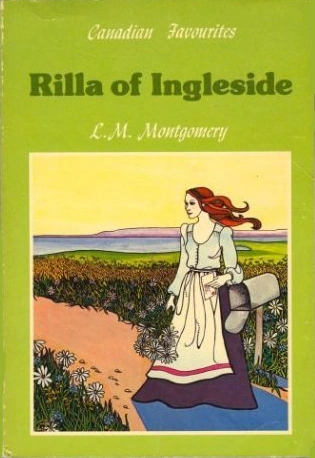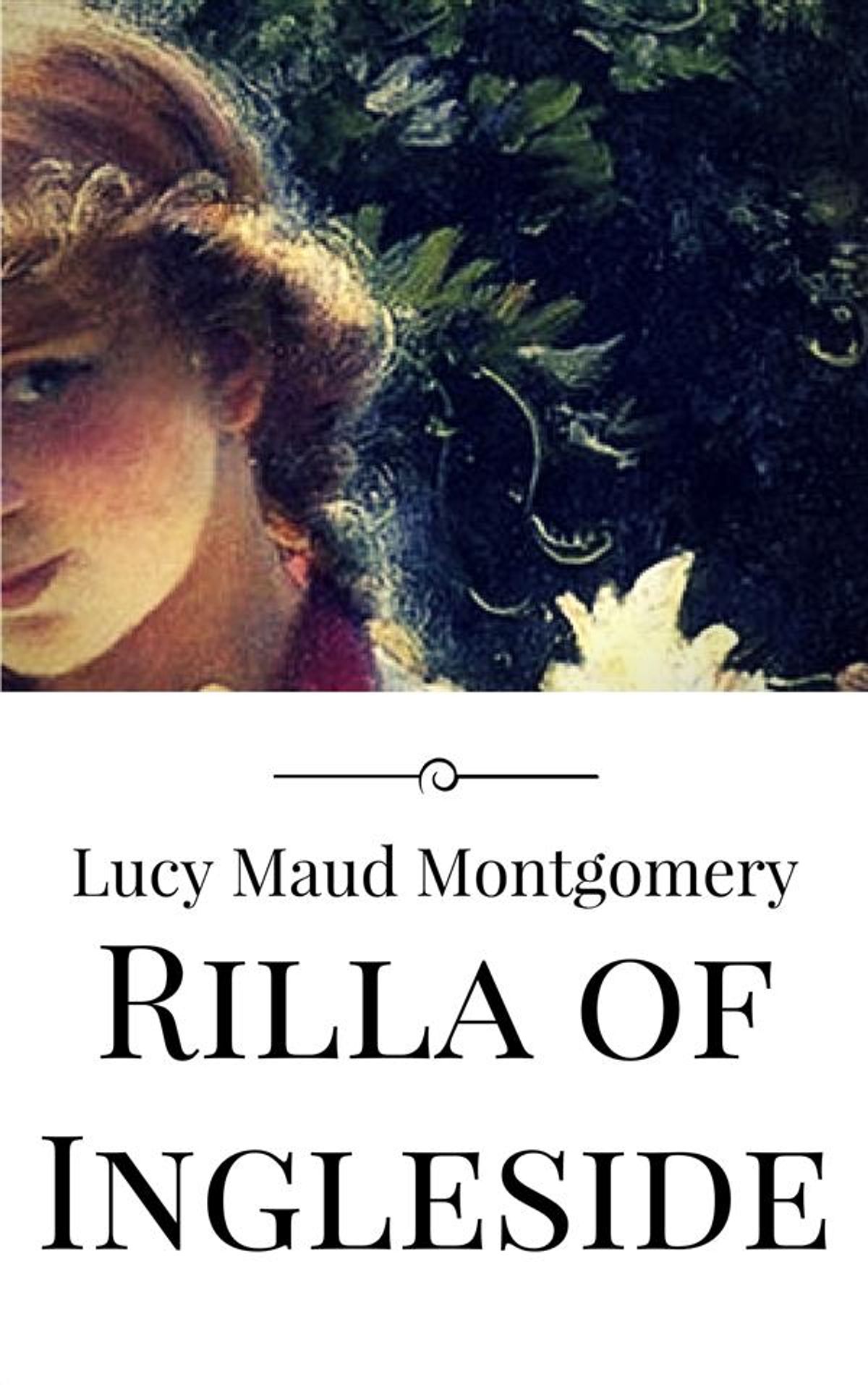

Though I devoured the entire series as a seven year old, Rilla of Ingleside is the one that I've worn through with repeated readings as an adult. The difference is, this is a mature kind of love. When the world around her crashes and she's forced to grow up quickly, her journey is just as enjoyable as her mother's was in the first three books. Rilla - the youngest child of Anne and Gilbert - is fifteen (see what I mean about the time warp?) and desperately in love with the boy next door. WWI wasn't Anne's war, it was Rilla's, and Ken's, and Walter's, and that damn dog who turns me into a gushy mess every freaking time I read the last chapter.

When Anne of Green Gables: The Continuing Story premiered in the early 2000s, I was shocked to discover that Anne and Gilbert were suddenly time warped to WWI. This is the book that finally severed my relationship with Kevin Sullivan. There are many layers at work in her stories, and some pioneering feminist concepts tucked in between the deep appreciation of nature, the commentary on the stuffy contemporary society of her day, and the delightful, well-drawn characters. In general, Montgomery's work is constantly under-estimated, and the way the books are marketed doesn't help (the flowery script, the swoony illustrations). Rilla, Anne's youngest daughter, is a wonderful, spirited character and one of my favorites. The setting also allows Montgomery to challenge readers with darker elements that are often present but less overt in other books. It's one of few documentations (even if the characters are fictional) of what women were doing at home during the war, and this setting breathes new life into the end of the series. While it's wonderful to see characters evolve into adulthood and have a next generation come to life, the real strength of this book is it's window into the homeland society of rural Maritime Canada during the first World War.

This is the final book of the Anne series, and deals with the lives of her children.


 0 kommentar(er)
0 kommentar(er)
